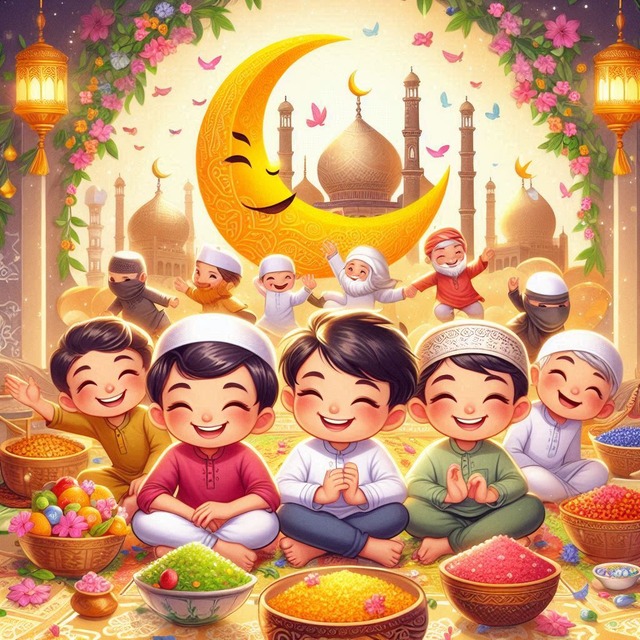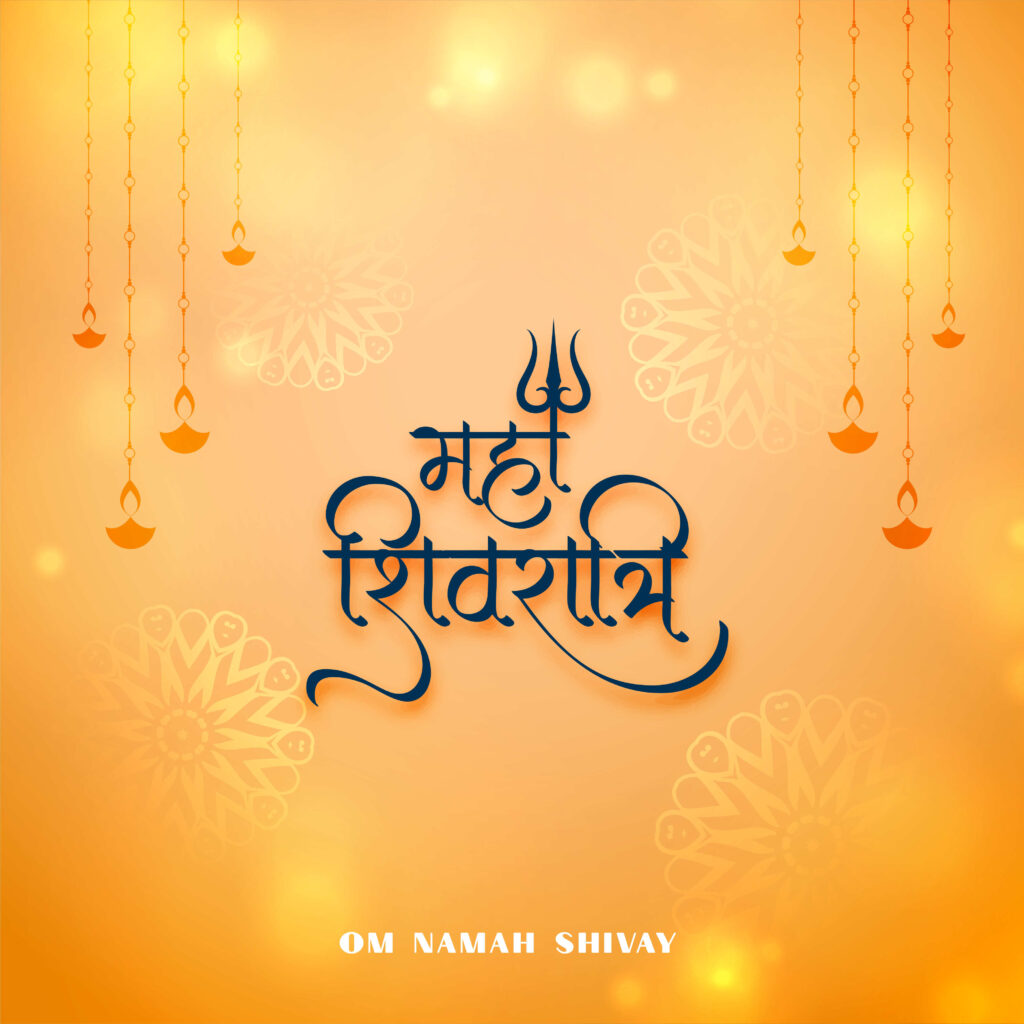Introduction:
The culmination of Ramadan, the sacred month of fasting, is marked by the celebration of Eid ul Fitr, observed on the first day of Shawwal, anticipated to be observed on April 10th this year, aligning with Saudi Arabia’s observance. Known as Chhoti Eid and Meethi Eid, it is celebrated globally by Muslims and is held in profound significance within Islam.
Origins and Traditions of Eid ul Fitr:
Eid ul Fitr finds its origins in 624 AD, rooted in the victory of Prophet Muhammad at the Battle of Badr. It is a time for expressing gratitude, faith, and commemorating the completion of Ramadan. Traditionally, special prayers, the Hajj pilgrimage, fasting, and giving Zakat are engaged in by Muslims during this period. The day is marked by familial bonds, greetings exchange, new attire donning, gift sharing, and indulging in delectable meals, notably sweet vermicelli.
Significance and Customs of Eid ul Fitr:
Unity, compassion, and gratitude are embodied within the Muslim community through Eid ul Fitr. Observers are encouraged to offer prayers, donations, foster harmony, and extend kindness to both humans and animals. Conversely, engaging in sinful behaviors, mocking others, conflicts, or causing distress to elders are discouraged
Date and Observance of Eid ul Fitr:
The date of Eid ul Fitr shifts annually in the Gregorian calendar due to the lunar-based Hijri calendar. It consistently falls on the first day of Shawwal. Muslims worldwide hold Ramadan in high esteem, considering it a time for spiritual reflection and dedication to Allah. Eid-ul-Fitr signifies the successful completion of this sacred journey, marked by special prayers and communal gatherings.
Conclusion:
In conclusion, Eid ul Fitr symbolizes the triumph of spiritual discipline and communal solidarity, fostering gratitude, reflection, and unity among Muslims worldwide. Cherished Islamic values are emphasized, highlighting compassion, generosity, and familial bonds.




